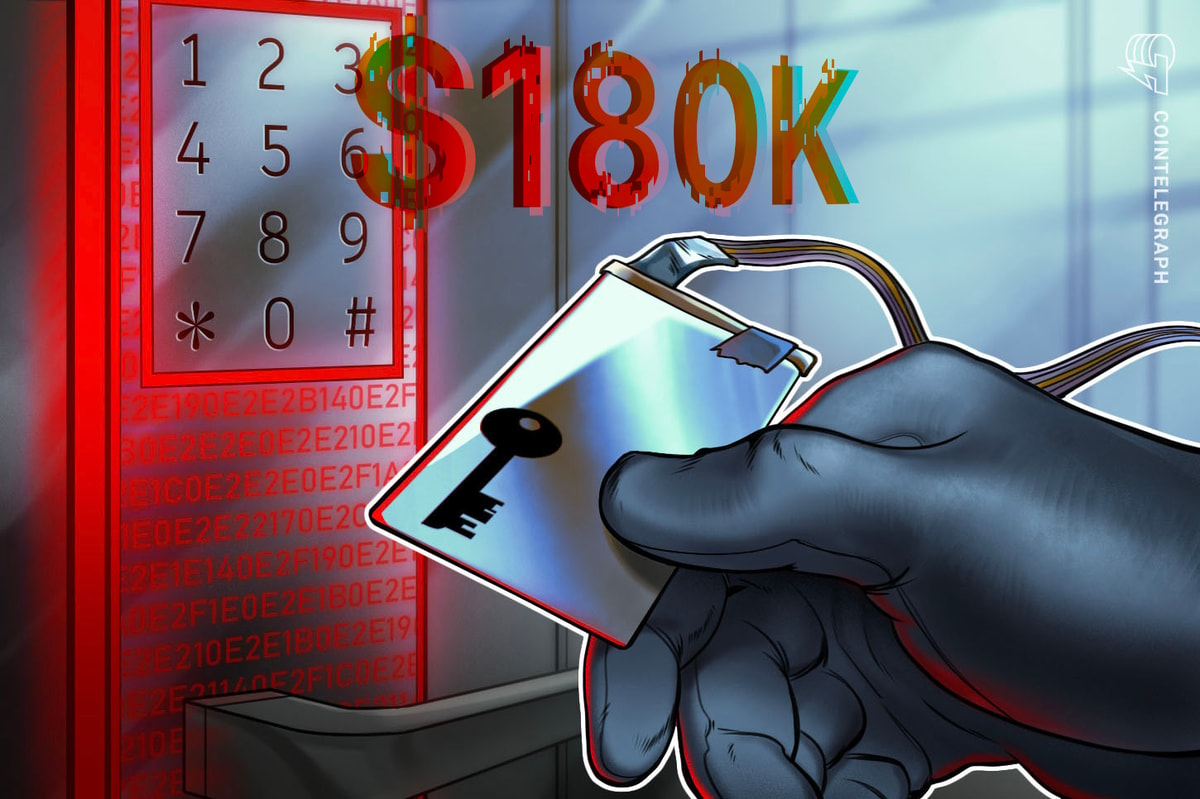A maximum extract value (MEV) offered ether by around 180,000 US dollars after an attacker exploited vulnerability in his access control systems.
On April 8, the blockchain security company Slowmist reported that the MEV bot lost 116.7 ether (ether) on account of the dearth of access control. The threat researcher Vladimir Sobolev, also often called officers' notes on X, told CoinTelegraph that an attacker was answerable for a vulnerability within the bot and exchanged his ETH against a dummy token.
Sobolev said this was done by a malicious pool that was created by the attacker in the identical transaction. The threat researcher added that this might have been prevented if the MEV owner implemented stricter access controls.
Just 25 minutes after the exploit, the owner of the MEV proposed a premium to the attacker. The owner then used a brand new MEV bot with stricter access control validation.
Sobolev compared the exploit to an analogous incident in 2023, wherein Mev Bots lost $ 25 million after the exploitation. On April 23, 2023, bots lost their crypto to a validator that became rapid.
Get up in fake MEV Bot Guides
A MEV bot on Ethereum is a trade bot that uses maximum extractable value. This is the utmost profit that might be extracted from block production. This is finished by rejecting, inserting or censorship of transactions inside a block.
The bot observes Ethereum's pool of pending transactions and is searching for potential profits. These bots can perform on the front, back or sandwich transactions. This makes the bots very controversial because they steal value in high volatility or overload times of normal users.
Despite the controversy around MEV bots, many proceed to make use of them. Beginners who want to learn from these bots can often fall into one other trap made by fraudsters.
Sobolev told CoinTelegraph that it had increased a rise in fraudulent MEV bot tutorials online. The researcher said the tutorials offer opportunities to become profitable with MEV -BOTS and publish fake installation instructions. “Very often, hackers simply make it possible to steal their money,” said Sobolev.
He asked the users to examine their resources and make sure that they don’t fall victim to fraudsters.

